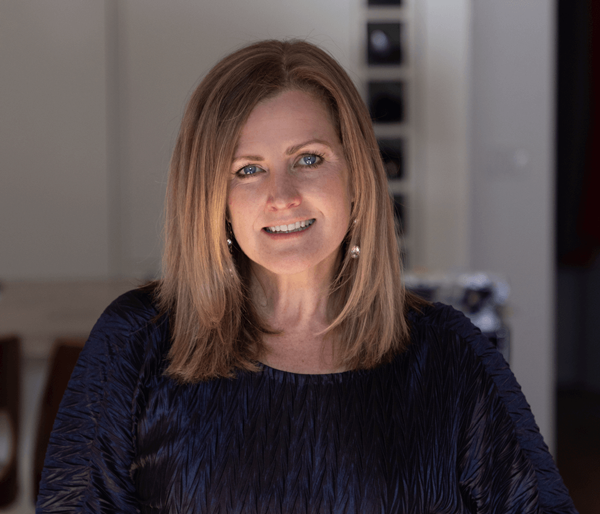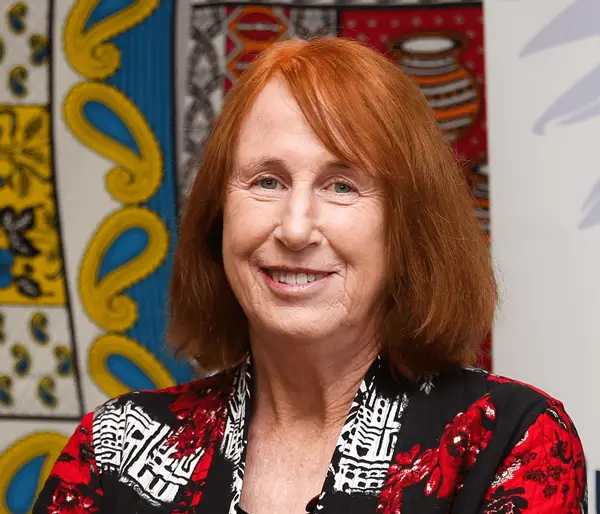The study followed 167 infants born in two inner Melbourne suburbs who were recruited through local Maternal and Child Health Services. The suburbs had a mix of substantial public housing and renovated terraced housing with diverse populations in terms of income, education and ethnicity. The families in the study reflected the diversity of the two suburbs with a mix of high, middle and low-income families, private renters, public housing tenants and homeowners. Life Chances has provided insights into the impacts of advantage and disadvantage over four life phases: • the early years • the school years • transitions from school • work and family life. At each stage of the study various aspects of inequality were examined to highlight impacts on the financial security and life chances of the participants.
![]() Country to Coast Queensland and the Equity CoLab acknowledges the Traditional Custodians of the land on which we work and live, and recognise their continuing connection to land, waters and community. We pay our respect to Elders past, present and emerging.
Country to Coast Queensland and the Equity CoLab acknowledges the Traditional Custodians of the land on which we work and live, and recognise their continuing connection to land, waters and community. We pay our respect to Elders past, present and emerging.
![]() We are committed to embracing diversity and eliminating all forms of discrimination in the provision of health and other services. We welcomes all people irrespective of ethnicity, lifestyle choice, faith, sexual orientation and gender identity.
We are committed to embracing diversity and eliminating all forms of discrimination in the provision of health and other services. We welcomes all people irrespective of ethnicity, lifestyle choice, faith, sexual orientation and gender identity.

Dr Katherine Trebeck will be joining us on the Equity CoLab Summit stage this October!
Katherine is a political economist and global advocate for building equitable and sustainable economic systems. Her work sits at the intersection of policy, practice and public dialogue — shifting how economies are designed, not just to grow, but to serve people and the planet.
She holds key roles including:
• Economic Change Lead at The Next Economy
• Strategic Advisor to the Centre for Policy Development
• Writer-at-Large at the University of Edinburgh
Katherine co-founded the Wellbeing Economy Alliance – WEAll and WEAll Scotland, and was instrumental in establishing the Wellbeing Economy Governments (WEGo) initiative — a collaboration between governments such as Scotland, New Zealand and Finland to centre wellbeing in national economic priorities.
Her work advances equity by embedding human and ecological wellbeing into economic decision-making. She’s thinker-in-residence at the Australian Health Promotion Association, a fellow at the ZOE Institute and the Post Growth Institute, and serves on the boards of Hands Across Canberra and the Centre for Understanding Sustainable Prosperity. She is also a member of the Club of Rome.
Katherine is co-author of The Economics of Arrival and is a frequent speaker on how to reimagine prosperity through justice and care.

Professor Andrew Scott will be joining us on the Equity CoLab National Summit stage this October!
Andrew is Emeritus Professor of Politics and Policy at Deakin University and the author of five books, including Northern Lights: The Positive Policy Example of Sweden, Finland, Denmark and Norway, which has recently been translated into Japanese. He is also lead editor and contributor to three chapters of The Nordic Edge: Policy Possibilities for Australia.
Northern Lights was endorsed by Nobel Laureate Professor Peter Doherty, while The Nordic Edge received praise from Professor Fiona Stanley, former Australian of the Year. Both books have sold thousands of copies and helped bring international policy inspiration into Australian debate.
Andrew’s recent research has helped the national government extend paid parental leave and move toward universal early childhood education and care. He continues to advocate for further actions to improve equity in Australia.

Professor Fran Baum is a public health social scientist with a deep commitment to creating and advocating for healthy, equitable and sustainable societies. Her career spans research, advocacy and global movement-building — and she is widely recognised as one of Australia’s most influential voices on health equity.
She is Director of Stretton Health Equity, Stretton Institute at the University of Adelaide and an NHMRC Investigator Leadership Fellow. Fran was awarded an Officer of the Order of Australia (AO) for her distinguished service to public health and is a Fellow of the Academy of the Social Sciences in Australia, the Australian Academy of Health and Medical Sciences and the Australian Health Promotion Association.
Fran is a past National President and Life Member of the Public Health Association of Australia, and the immediate past Co-Chair of the Global Steering Council of the People’s Health Movement — a global network of health activists working to advance the right to health and challenge structural injustice.
She is also a member of the BMJ International Advisory Board and author of over 400 publications, including:
• The New Public Health
• Governing for Health
• Co-editor of the Oxford Textbook of Global Public Health
Fran brings a rare combination of deep academic insight and long-standing advocacy for systems transformation.

Professor Fran Baum is a public health social scientist with a deep commitment to creating and advocating for healthy, equitable and sustainable societies. Her career spans research, advocacy and global movement-building — and she is widely recognised as one of Australia’s most influential voices on health equity.
She is Director of Stretton Health Equity, Stretton Institute at the University of Adelaide and an NHMRC Investigator Leadership Fellow. Fran was awarded an Officer of the Order of Australia (AO) for her distinguished service to public health and is a Fellow of the Academy of the Social Sciences in Australia, the Australian Academy of Health and Medical Sciences and the Australian Health Promotion Association.
Fran is a past National President and Life Member of the Public Health Association of Australia, and the immediate past Co-Chair of the Global Steering Council of the People’s Health Movement — a global network of health activists working to advance the right to health and challenge structural injustice.
She is also a member of the BMJ International Advisory Board and author of over 400 publications, including:
• The New Public Health
• Governing for Health
• Co-editor of the Oxford Textbook of Global Public Health
Fran brings a rare combination of deep academic insight and long-standing advocacy for systems transformation.
7:00 AM
8:20 AM
View Restaurant Terrace
8:45 AM
Rainforest Room
9:00 AM
Rainforest Room
9:20 AM
Rainforest Room
10:20 AM
View Restaurant Terrace
10:50 AM
Rainforest Room
11:25 AM
Rainforest Room
11:55 AM
Rainforest Room
12:25 PM
Rainforest Room
12:45 PM
View Restaurant Terrace
1:45 PM
Rainforest Room
1:45 PM
Ocean Room
1:45 PM
Aqua Room
2:35 PM
Rainforest Room
2:35 PM
Ocean Room
2:35 PM
Aqua Room
3:20 PM
View Restaurant Terrace
4:05 PM
Rainforest Room
4:30 PM
Rainforest Room
6:30 PM
View Restaurant Terrace
6:00 AM
Noosa National Park
8:30 AM
Rainforest Room
8:45 AM
Rainforest Room
9:20 AM
Rainforest Room
9:50 AM
Rainforest Room
10:10 AM
View Restaurant Terrace
10:40 AM
Rainforest Room
10:40 AM
Ocean Room
10:40 AM
Aqua Room
11:25 AM
Rainforest Room
11:25 AM
Ocean Room
11:25 AM
Aqua Room
12:10 PM
View Restaurant Terrace
1:10 PM
Rainforest Room
Thriving Kids Queensland Partnership: Innovative Approaches to Funding for Child Wellbeing
Investment Dialogue for Australia’s Children and the Queensland Kid Funders Alliance: Collaborative Funding Models for Long-Term Impact
Achieve Foundation and Disability Funders Network: Redefining Funding Strategies to Support Inclusive and Equitable Outcomes
1:10 PM
Ocean/Aqua Room
Australian Business Volunteers: Enhancing Community-Led Disaster Resilience
CQID: Supporting Aboriginal and Torres Strait Islander Children through Self-Determination, Delegated Authority and the Power of Community
Collaboration for Impact: Driving Community-Led Climate Justice
2:15 PM
Rainforest Room
2:45 PM
Rainforest Room
3:00 PM
Rainforest Room
3:35 PM
Rainforest Room
Afternoon tea available in View Restaurant Terrace